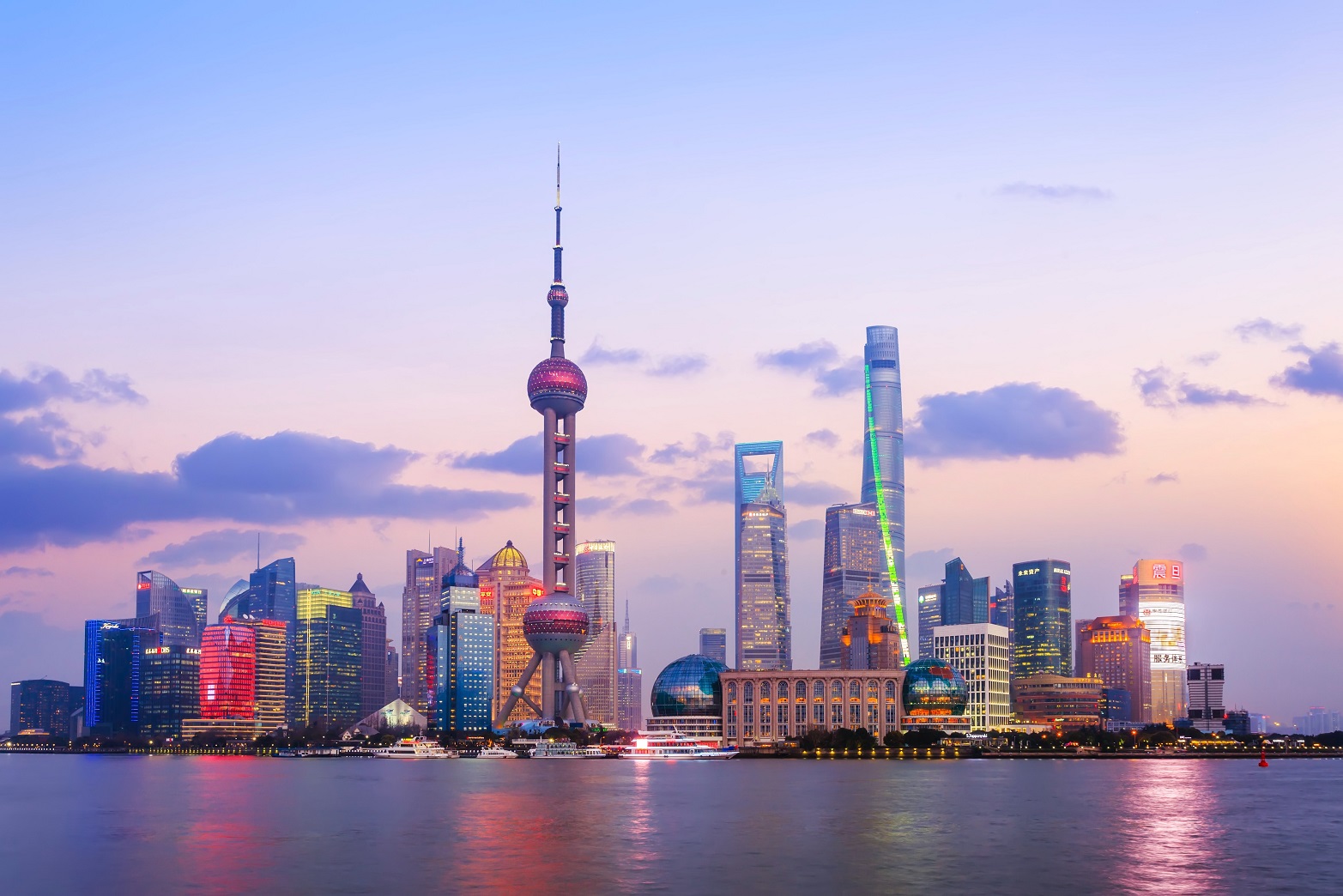Shanghai began a move towards a return of normalcy on Thursday as it unveiled more post-lockdown plans and reductions in lockdown measures for its 25 million residence.
City officials announced a return to offline classes for junior and senior high school students starting on June 6th. This came on the heels of an announcement that shopping malls and department stores would be allowed to reopen in batches, starting June 1st.
Shanghai had reached the lowest number of locally transmitted infections since mid-March, with 338 registered for May 25th. That is a far cry below the tens of thousands of locally transmitted infections which had been seen in mid-April.
China has suffered steep economic costs from the lockdowns, not just in Shanghai, the most economically productive city, but also in other cities, such as Beijing. Always concerned with economic growth, Premier Li Keqiang called the challenges caused by the lockdowns, in some ways, even bigger than those China faced at the start of the COVID pandemic, in early 2020.
Li had spoken at an online conference for local officials where he urged them to seek “reasonable” GDP growth in the second quarter despite the challenges faced in dealing with the April outbreak.
Research group Gavekal Dragonomics wrote of the conference, “The unusual meeting caps an increasingly urgent series of official pronouncements in recent days attempting to resolve the economic disruption caused by the wave of Covid-19 lockdowns. The urgent high-level focus on stabilising growth opens the door for more aggressive stimulus measures to be deployed in coming weeks.”
Many experts expect GDP to contract in the April-June quarter from a year earlier, and to be less than the first quarter’s 4.8% growth.
The Central Bank urged financial institutions to focus on lending to sectors and areas with economies that had been hard hit by the lockdowns, as it promised to promote more credit for smaller firms. The Finance Mistry also said it would begin offering subsidies to the nation’s airlines between May 21st and July 20th, as they suffer under the lockdowns and higher fuel costs. Chinese passenger air-traffic still sits at barely 15% of its pre-COVID levels, China’s aviation regulator said on Thursday.
On the brighter side, the Passenger Car Association came out and noted that nationally, vehicle sales rose 34% in the first three weeks of May, compared to the same period in April, although it was noted that was still 16% lower than a year prior.
However one factory owner noted, “As long as China does not relax its Covid policy, any other policy measures are of little value right now. Everybody has little confidence or enthusiasm to invest now.”


